Philippine Province (PHI)
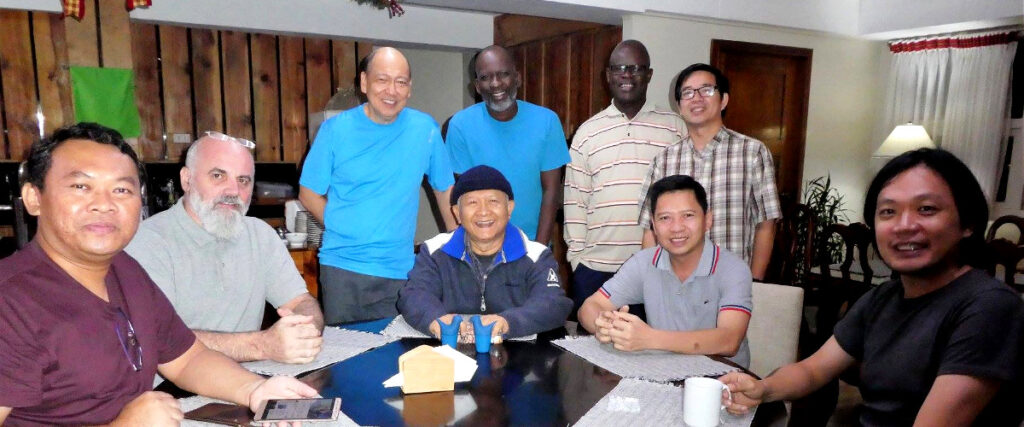
Meet the tertians
(Part three of a four-part series on the tertians of the 2018-2019 Asia Pacific Tertianship programme) From all over the world, eight Jesuits have gathered...read more
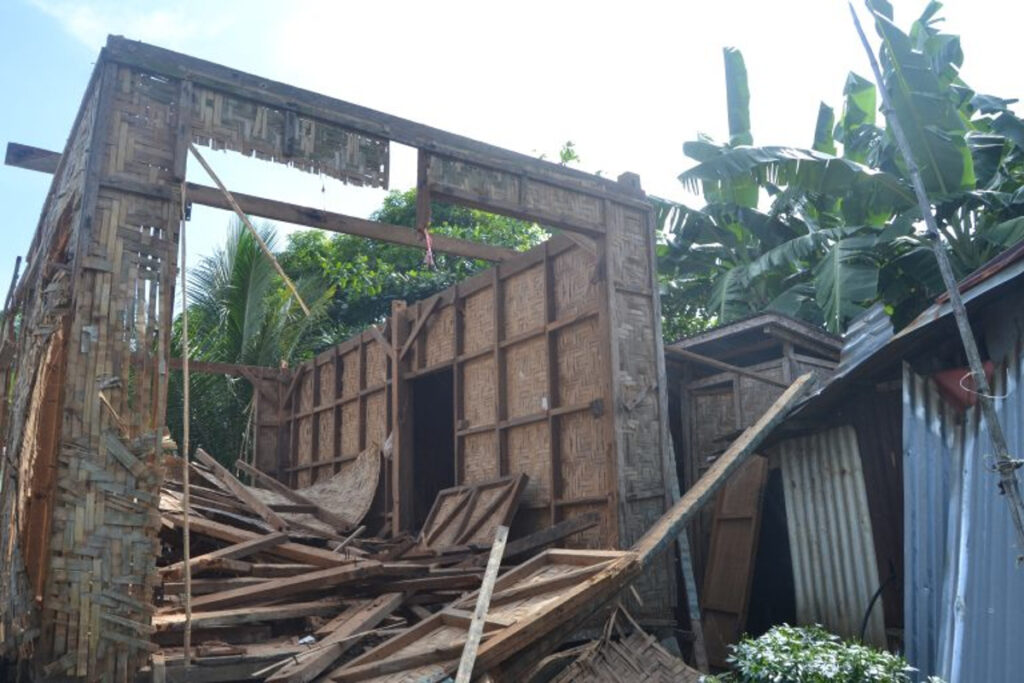
Disassembling temporary shelters, a crucial element in safe relocation to new houses
Two days after Jessylyn Abulencia received the key to her new, disaster-resilient house, she is back to her old place near the creek—not to stay,...read more
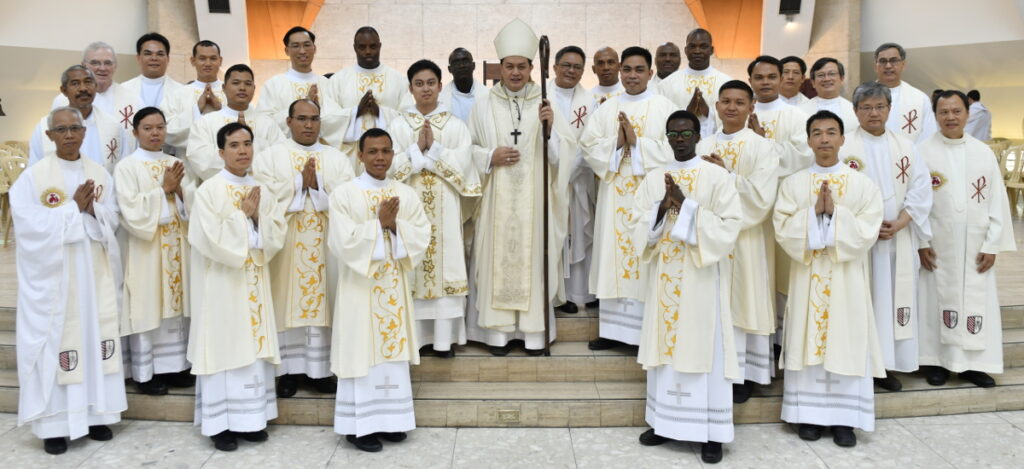
Servant leadership in God’s kingdom
Fifteen Jesuits–14 from Arrupe International Residence and one from Loyola House of Studies–were ordained on October 27 at the Church of the Gesù, Ateneo de...read more

Hear Them Speak
On 27 October, 15 candidates from Arrupe International Residence and Loyola House of Studies will be ordained to the diaconate. Here they are, sharing in...read more
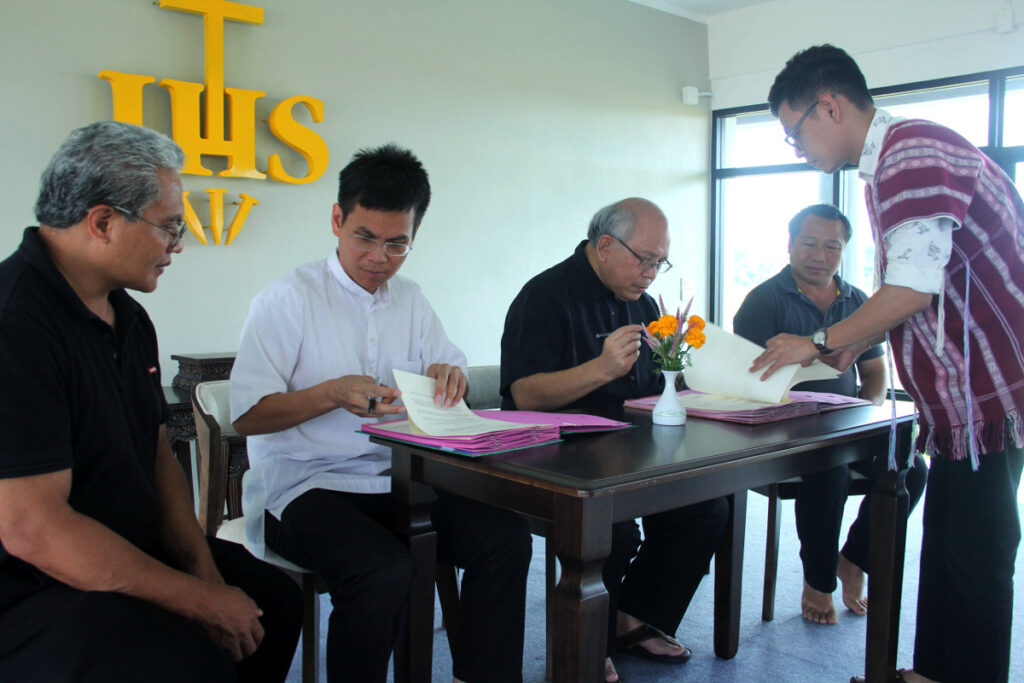
Xavier Learning Community moves closer to becoming a college with Ateneo de Davao partnership
Xavier Learning Community (XLC), an education project of the Jesuit Foundation for Education in Thailand, and Ateneo de Davao University (AdDU) in the Philippines have...read more

A new home for families displaced by Marawi conflict
“I consider this my mansion now,” said Noralyn Bangon as she received the keys to her new house. Her “mansion” is a 24-square-metre house built...read more
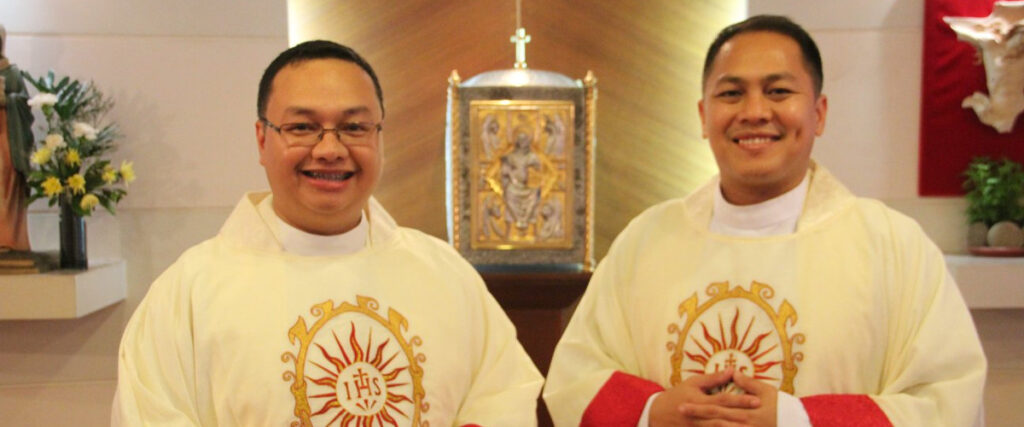
Two new Jesuit priests in the Philippines
Two Filipino Jesuits were ordained to the priesthood on June 2 at the Oratory of St Ignatius of Loyola, Loyola House of Studies in Manila....read more
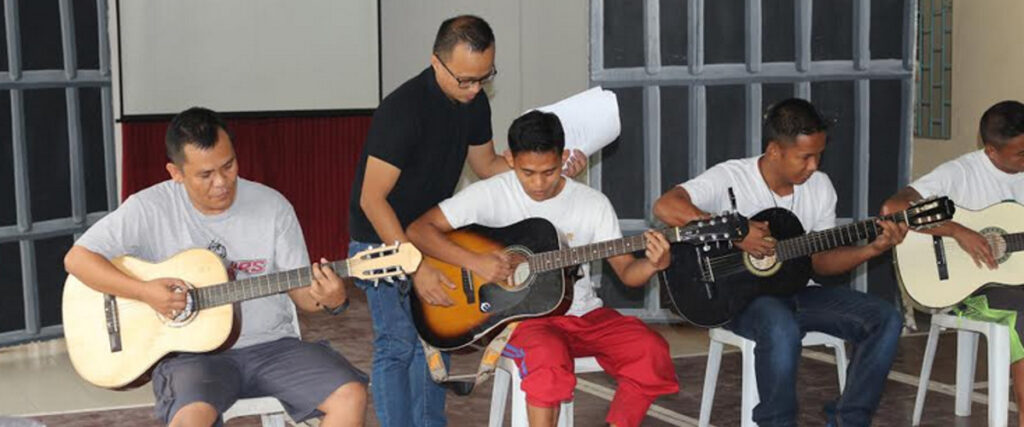
Inmates in Philippine prison rediscover joy, faith through guitar lessons
After winning the top prize at a guitar class recital, Alex (not his real name), tearfully said in Filipino, “I thank God not only because...read more
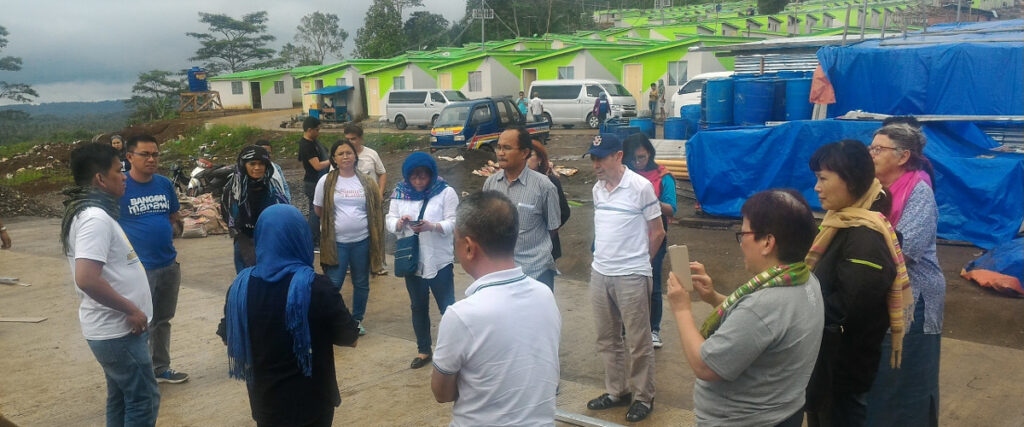
Renewing commitment to justice for migrants and refugees
It was a time of sharing but also an experience of a very real migration issue in the Philippines. As part of their annual meeting,...read more
